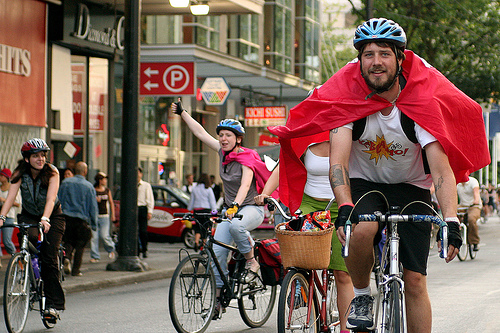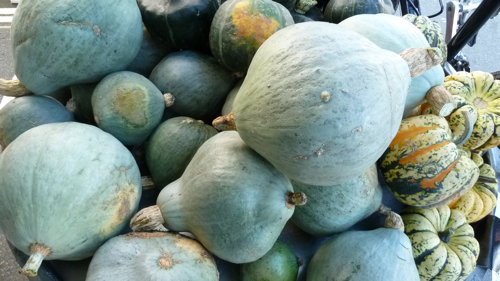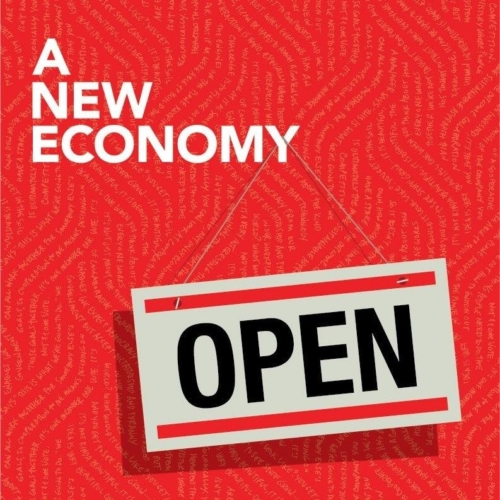Growing a community, one garden at a time
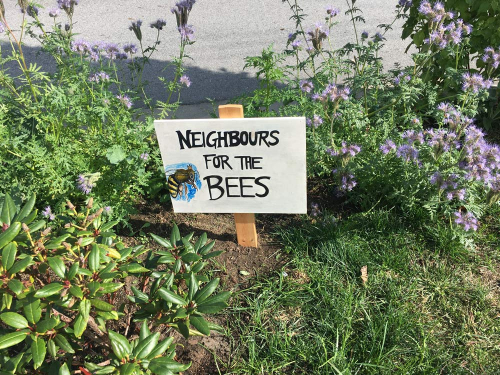
Back in 2008, when I was living in Surrey, BC, I stumbled upon a grassy, vacant lot and an age-old idea: a community garden where the area’s townhouse residents could grow their own veggies and compost their food scraps. It never materialized beyond a blog post, “Community solutions for food security and urban health“, and today — I did some Street View sleuthing — there’s another cookie-cutter house on the lot. So be it.
Fast forward to 2020. We’re currently 6 months into a pandemic, there are issues with food security (still), and seed sales are through the roof. We need each other more than ever, but we have to stay apart. That doesn’t mean we can’t come together on solutions.
I would’ve met them eventually, but the nightly 7pm cheer meant it was easy to catch my new neighbours (R & P) outside and introduce ourselves. R said she had noticed my place right away, with its balcony full of plants. Hers was too. And it turned out that R was also mentally cultivating the same vision as me: that more people would grow more food on their lawns and on under-utilized public spaces like boulevards. We had our eyes on the same plots.
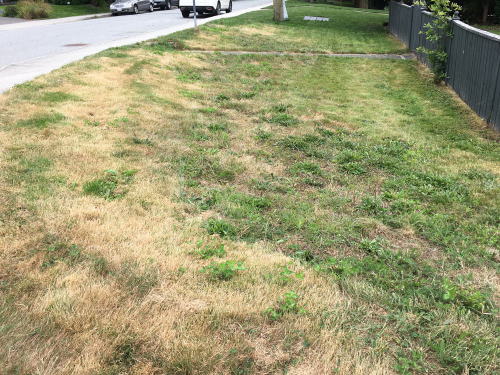
Today, we’re in progress on one of those plots, our demo to the neighbourhood for what can be. When the adjacent greenway got busy with people walking, others migrated a block over, where they find us building a garden. Many say hi. Often they ask questions (“what is this?”), give us kudos (“it’s going to be gorgeous!”) or even volunteer to help out. The other day there were several people standing around the adjacent roundabout garden, chatting. It filled me with such joy that I get goosebumps just thinking about it.
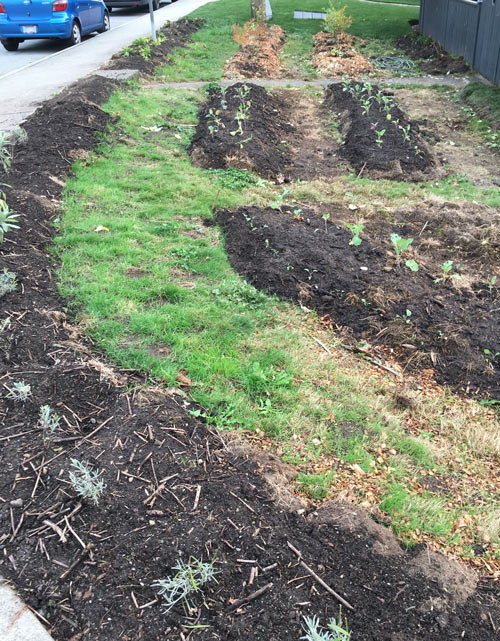
We’re calling our project Roundabout Urban Gardens. Cultivating connections. And that’s exactly what it does. We’re growing food for people, and flowers for bees, sequestering carbon, beautifying public space, enhancing biodiversity and slowing people down. But above all, neighbours are meeting neighbours and building connections. In this already disconnected city where meeting each other is now more difficult, we’re creating a space where people can meet spontaneously, put their spare time into something rewarding (if they want to), and make new friends.
We’re not the first to try this. But we hope it’ll inspire others to shift any accessible unproductive land they have — be it the city boulevard, a front yard or the edge of an alley — to a regenerative, community-building space for the bees and for each other.

